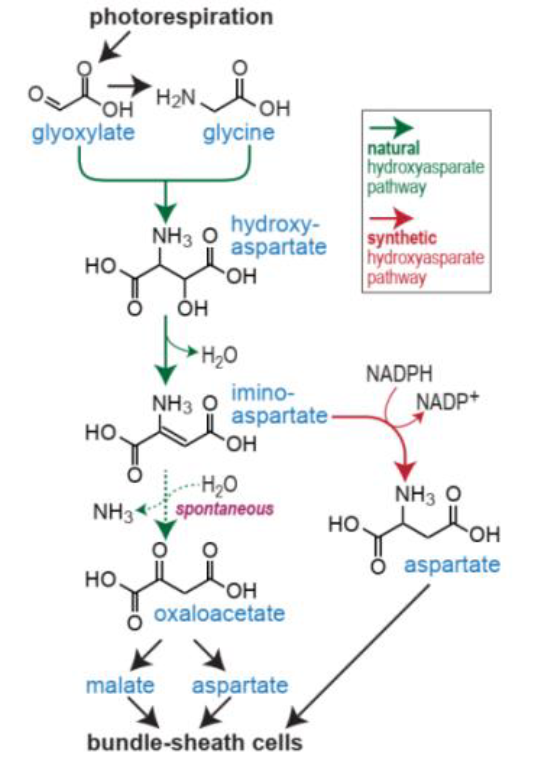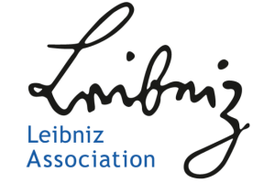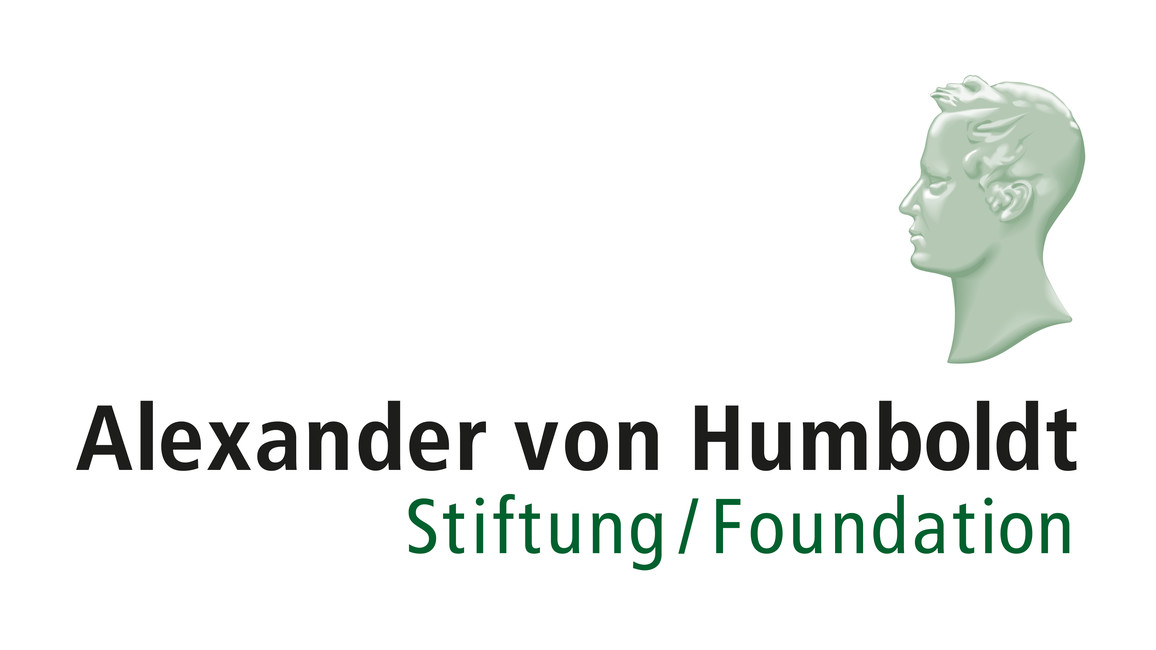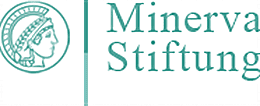5. EU-supported project in the proposal 862087 GAIN4CROPS - Rewiring Photorespiration using Natural and Synthetic Pathways to Sustainably Increase Crop Yield.
Subproject: Development and implementation of advanced photorespiratory bypasses (99852430-UROS, project period 2020-2024).

The overall objective of this project is the exploration, optimization, and realization of the synthetic route to transform photorespiration into a carbon positive route. First, we will develop a small enzymatic system to reduce CO2 to formate. This system, potentially relaying on enzyme promiscuous activity and engineered enzyme activity, will be tested and optimized both in vitro, using purified components, and in vivo, where E. coli will serve as a host. In parallel, we will continue and elaborate on previous work to engineer efficient assimilation of formate in photosynthetic organisms, by attaching it to the (mitochondrial) THF system, reducing it, and condensing it with glycine to generate serine, which can thus bypass the need for glycine decarboxylation via the glycine cleavage system (as part of natural photorespiration). Finally, we will integrate the formate producing and formate consuming systems in the photosynthetic hosts, thus establishing a photorespiration bypass in which glycine is converted to serine via the assimilation of CO2, rather than its release. Computational modeling will support pathway implementation in the photosynthetic organisms.
Furthermore, we are involved in the exploration, optimization, and realization of the synthetic hydroxyaspartate shunt, replacing natural photorespiration and thus boosting photosynthetic efficiency. The work starts with optimization of purified enzymes and optimization of in vivo pathway activity within bacterial strains. Modeling of pathway activity will support rational introduction of the pathway into photosynthetic organisms. According to this information, the pathway will be introduced to various model organisms, culminating in expression and testing in plants.






